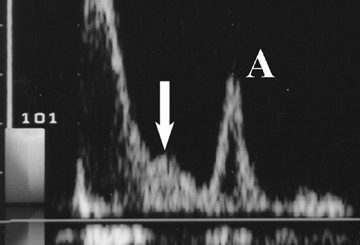Medicine MCQs-18
Contents
- 1 Focal bronchiectasis seen in which of the following cases?
- 2 “signet-ring sign” in CT chest seen in -
- 3 Bronchodilator effect is due to inhibition of -
- 4 Which is the most common cancer associated with asbestos exposure?
- 5 Which of the following is the commonest form of Bronchiectasis?
- 6 presence of “tram tracks” in CT scan chest seen in -
- 7 Whic of the following the the most common CT finding in EOSINOPHILIC GRANULOMATOSIS WITH POLYANGIITIS?
- 8 Which of the following shows characteristic “eggshell” pattern?
- 9 Mononeuritis multiplex most commonly involves -
- 10 All of the following are false about 'Lead neuropathy' EXCEPT -
- 11 Which of the following medicine has side effect of 'dry mouth'?
Focal bronchiectasis seen in which of the following cases?
Focal Obstruction
- aspirated foreign body
- tumor mass
“signet-ring sign” in CT chest seen in -
Bronchiectasis
CT findings include airway dilation - detected as parallel
“tram tracks”
“signet-ring sign”
Bronchodilator effect is due to inhibition of -
Bronchodilator effect of Theophylline is due to inhibition of phosphodiesterases
Which is the most common cancer associated with asbestos exposure?
Lung cancer is the most common cancer associated with asbestos exposure.
Which of the following is the commonest form of Bronchiectasis?
Tubular - most common form of Bronchiectasis
Varicose, Cystic, Cylindrical
presence of “tram tracks” in CT scan chest seen in -
Bronchiectasis -presence of “tram tracks” indicating dilated airways is consistent with bronchiectasis.
Whic of the following the the most common CT finding in EOSINOPHILIC GRANULOMATOSIS WITH POLYANGIITIS?
most common CT findings include -
bilateral ground-glass opacity and airspace consolidation that is predominantly subpleural.
Other CT findings include bronchial wall thickening, hyperinflation, interlobular septal thickening, lymph node enlargement, and pericardial and pleural effusion
Which of the following shows characteristic “eggshell” pattern?
characteristic “eggshell” pattern -silicosis
Mononeuritis multiplex most commonly involves -
Mononeuritis multiplex most commonly involves the peroneal nerve, but also involves the ulnar, radial, internal popliteal, and occasionally, cranial nerves.
All of the following are false about 'Lead neuropathy' EXCEPT -
Lead toxicity is a very rare cause of neuropathy in adults. It has an unusual pattern that is classically an isolated motor neuropathy with a predilection for extensor muscles of the arms and legs.
Which of the following medicine has side effect of 'dry mouth'?
Anticholinergics
Anticholinergic, sympathomimetic, or diuretic drugs are usually responsible





